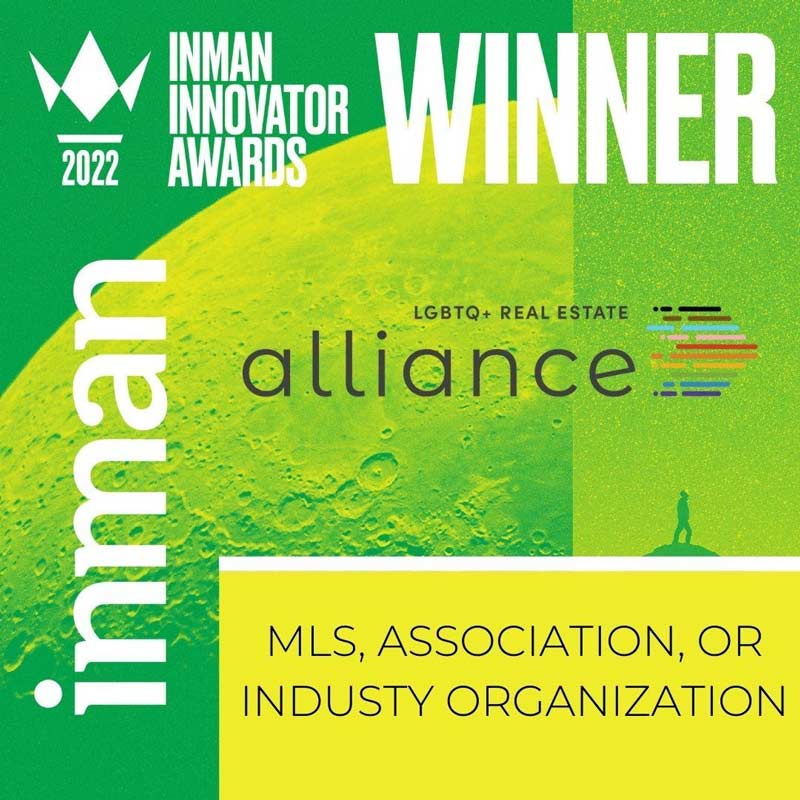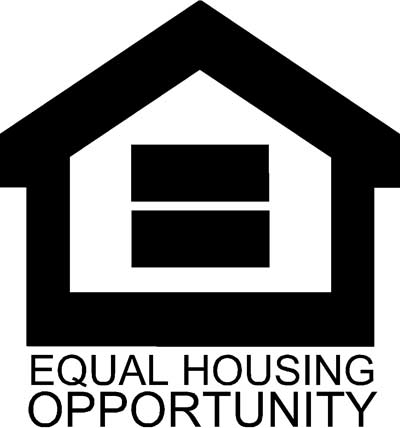Many Challenges Face Same-sex Couples Buying a Home
It’s easy to see why LGBTQ+ couples are showing more interest in buying a home. The U.S. Supreme Court’s ruling on same-sex marriage in 2015 was a huge step in the right direction for LGBTQ rights and equal protection under the law.
But there are still hurdles to overcome when it comes to purchasing a home—particularly when it comes to discrimination, LGBTQ+ friendly neighborhoods, and securing financing. Here are some considerations for LGBTQ+ couples looking to start their home buying journey.
LGBTQ+ Discrimination
The root of many issues faced by LGBTQ+ couples is discrimination. As a result of this marginalization, LGBTQ+ couples today still face challenges when it comes to home buying.
Although the Fair Housing Act was passed in 1968, LGBTQ+ couples were not recognized as a protected class. It wasn’t until Executive Order 13988, issued on January 20, 2021, that the department of Housing and Urban Development (HUD) was directed to administer and fully enforce the Fair Housing Act to prohibit discrimination because of sexual orientation and gender identity.
While laws and their enforcement have moved toward equity, there is still a long way to go, and no one should assume that discrimination will stop just because the law mandates it. You still have to be on the alert.
A few signs of overt discrimination to look out for include:
- Lenders who refuse to be upfront about their mortgage rates
- A home that suddenly goes off the market when you inquire
- Real Estate agents who don’t have time for you, or refuse to represent you
- Being held to higher financing standards than same-sex couples in the same market
If you believe you are experiencing discrimination, speak with an attorney. You can also file complaints directly with HUD and the Consumer Financial Protection Bureau.
LGBTQ+ Friendly Neighborhoods
The number of LGBTQ+ friendly neighborhoods continue to grow every year. And while this sounds promising, it is not the answer to every dream of home ownership.
What are sometimes called “gayborhoods” come at a premium price, often 25% or more than a given city’s average home value. This does not reflect pricing discrimination so much as supply and demand in certain areas of the county.
A welcoming neighborhood could be a costly investment. According to a 2019 report from MarketWatch, the gayborhood premium could be as high as 116% in Upper West Side New York, or as low as 1.1% in downtown San Jose.
Searching for LGBTQ+ friendly neighborhoods with reasonable home prices is an unfortunate but necessary part of the LGBTQ+ couples’ search for a home. An experienced LGBTQ+ Real Estate professional can be of great help.
Know Your Status as a Couple
When buying a home, your legal status as a couple will make a difference in how the legalities of home ownership are handled.
LGBTQ+ couples who are not legally married can still purchase a home together. However, jointly owned property may not pass to your spouse unless you have an estate plan in place. Couples may qualify as “joint tenants with rights of survivorship,” under which the death of a spouse ensures that property passes to the surviving partner. In this case, however, lenders can place a lien on the property and attempt to collect on debts owed.
Unmarried LGBTQ+ couples should work with their attorney to prepare a favorable legal foundation when making a home purchase.
All legally married couples, including same-sex couples today, may title their home under “tenancy by the entirety.” In some states, this is simply the default. Tenancy by the Entirety is “the ownership of property as a single entity that protects both spouses from creditor actions and ensures that property passes without going through probate.” This is true unless the creditor is the IRS, or where both owners owe the debt as a couple.
Get Your Finances in Order
Historically, it has been a struggle for LGBTQ+ couples to achieve financial stability due to factors like workplace discrimination, social ostracization, and lack of marriage benefits and home ownership that help build wealth.
Income disparity may make the situation more difficult, but when planning for home ownership, it’s important to:
- Improve credit scores
- Save for a down payment
- Check your debt-to-income ratio (DTI)
- Get a mortgage pre-approval
A low credit score can be unsettling when it comes to your mortgage. The minimum credit score requirements for a mortgage vary by lender and the type of loan. However, you may find fewer options and higher rates if your score is low.
In addition to banks and traditional mortgage lenders, you may be able to explore other options. FHA loans are insured by the Federal Housing Administration. Veterans, qualified servicemembers, and spouses may be eligible to buy a home with help from a VA Loan. Both FHA and VA loans are accessible (in some circumstances) with credit scores as low as 580.
Homebuyer Guide
Even if this is your second home buying experience, you’ll find solid information in our “First Time Homebuyer Guide.” This 40+ page guide delivers a range of critical information from Understanding the Mortgage Process and Types of Loans to Avoiding Discrimination and which states have no LGBTDQ+ Housing Protections.
Find the Help You Need
The LGBTQ+ Real Estate Alliance, a 501(c)6 organization, was launched in June 2020 by leading members of the real estate industry. The mission of the Alliance is to Advocate, Elevate, and Celebrate. The Alliance advocates for fair housing for all and promotes LGBTQ+ homeownership.




